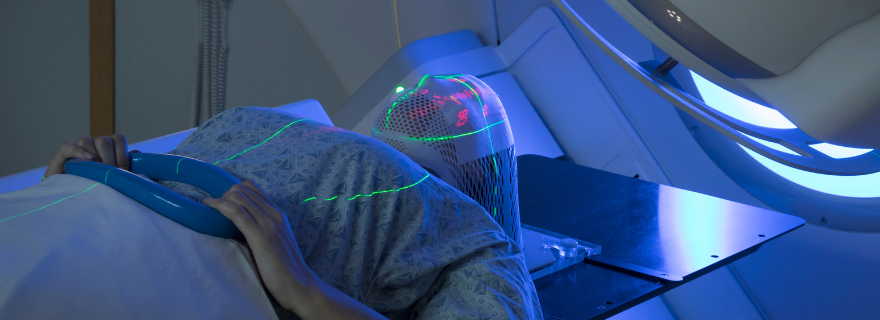Surviving through Radiation: Strategies for Thriving Through Treatment Side Effects
Embarking on a journey through radiation therapy can be both a hopeful and challenging experience. While the primary goal is to target and eliminate cancer cells, it’s essential to acknowledge and understand the potential side effects that may accompany this treatment. Navigating these side effects requires knowledge, preparation, and a proactive approach to ensure the best possible outcome. In this blog, we will explore common side effects of radiation therapy and provide insights on how to manage and cope with them.
Understanding Radiation Therapy:
Radiation therapy is a powerful and effective tool in the fight against cancer. It uses high doses of radiation to target and destroy cancer cells while minimizing damage to surrounding healthy tissue. The treatment may be delivered externally through a machine called a linear accelerator or internally via implantation of radioactive materials. While the primary aim is to eradicate cancer cells, radiation therapy can also affect nearby normal cells, leading to side effects.
Common Side Effects:
- Fatigue: One of the most prevalent side effects is fatigue. Radiation can deplete your energy levels, so it’s crucial to listen to your body and rest when needed. Prioritize sleep, maintain a well-balanced diet, and engage in light exercise to combat fatigue.
- Skin Changes: Skin in the treated area may become sensitive, red, or irritated. It’s essential to keep the skin clean and moisturized. Avoid exposing the treated area to direct sunlight and opt for loose, comfortable clothing to minimize friction.
- Nausea and Digestive Issues: Radiation to the abdomen may cause nausea, vomiting, or digestive discomfort. Follow any dietary recommendations provided by your healthcare team and communicate any persistent issues to them for proper management.
- Hair Loss: Hair loss may occur in the treated area, but this largely depends on the location and dosage of radiation. Discuss the potential for hair loss with your healthcare team, and explore supportive measures such as scalp cooling to reduce its impact.
- Cognitive Changes: Some individuals may experience mild cognitive changes, often referred to as “brain fog.” Maintain mental sharpness by staying mentally active, practicing relaxation techniques, and seeking support from loved ones.
Coping Strategies:
- Open Communication: Maintain open and honest communication with your healthcare team about any side effects you may be experiencing. They can offer guidance, adjust your treatment plan if necessary, and provide supportive care.
- Support System: Build a strong support system with friends and family who can provide emotional and practical support. Sharing your experiences and feelings can be cathartic and help alleviate stress.
- Nutrition: Adopt a well-balanced diet rich in nutrients to support your body during treatment. Consult with a registered dietitian to address any dietary concerns and ensure you are meeting your nutritional needs.
- Hydration: Stay adequately hydrated to support your body’s healing process. Dehydration can exacerbate certain side effects, so aim to drink plenty of water throughout the day.
- Self-Care: Prioritize self-care activities that bring you comfort and relaxation. This may include gentle exercises, meditation, or engaging in hobbies that bring joy.
While radiation therapy can present challenges, understanding and proactively managing potential side effects are crucial for a successful treatment journey. Remember that everyone’s experience is unique, and your healthcare team is there to guide and support you. By staying informed, maintaining open communication, and embracing self-care, you can navigate the side effects of radiation therapy with resilience and optimism.






